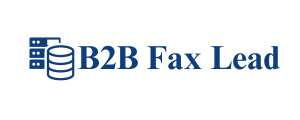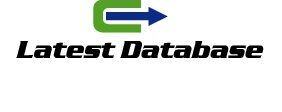Platform Comparison: Which is the Best Online Sales Platform?
Choosing the best online sales platform depends on a number of factors that vary according to the specific needs of each business. To help you make an informed decision, we’ve conducted a comparative analysis of the main platforms available, highlighting their advantages and disadvantages based on the criteria we discussed earlier, such as scalability, security, support, integration, usability, costs and growth potential.
Advantages: Shopify is known
For its ease of use and quick setup. It offers a variety of themes and apps to customize your store. In addition, it is robust in terms of SEO ivory coast phone number library and offers excellent technical support. Cons: While flexible, Shopify can get expensive with the addition of many paid apps. Additionally, deep customization may require knowledge of its proprietary template language, Liquid.
Pros: Magento is ideal
For businesses that need highly usa data customized and scalable solutions. It supports a wide range of features and complex integrations, making it a popular choice for medium to large businesses.
Disadvantages: Requires a larger initial building trust over time investment and technical knowledge for development and maintenance. Not the most user-friendly platform for beginners or small businesses with limited resources.
3. WooCommerce
Pros: As a WordPress plugin, WooCommerce is highly customizable and perfect for those already familiar with WordPress. It offers full control over your store and a large community of developers.
Disadvantages: May require more plugins
For specific features, which can affect performance. Security largely depends on the hosting chosen and plugin management. 4. BigCommerce
Pros: BigCommerce is known for its ability to scale without sacrificing ease of use. It offers a wide range of built-in features, which reduces the need for many additional plugins or apps.
Cons: It may be less flexible in terms of visual customization when compared to platforms like Shopify or WooCommerce. Additionally, some advanced features may cost extra.
5. Wix
The four fundamental tools of marketing, now revitalize by automation and advance technology.


